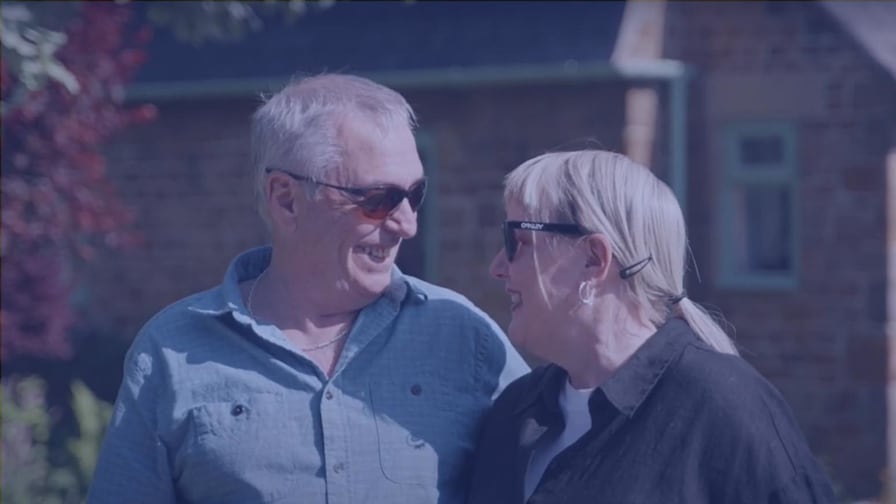What is mesothelioma?
Mesothelioma is a type of cancer that develops in the tissues covering the lungs and the abdomen. It is a cancer of the mesothelial cells which cover the outer surface of most of our internal organs. The cells form a lining sometimes called the mesothelium, from which the cancer takes it name.
Mesothelioma in the chest
The tissues lining (or covering) the lungs are called the pleura. They are fibrous sheets that protect the lungs and produce a lubricating fluid to help the pleural membranes move over each other when the lungs expand and deflate as we breathe. The pleura space is the gap between the pleura.
Mesothelioma is most often diagnosed in the pleura and is known as pleural mesothelioma. Between two-thirds and three-quarters of mesotheliomas occur in the chest (67-75%).
The sheet of tissue covering the heart (the pericardium) is very close to the pleura. In some cases, pleural mesothelioma may also spread into the pericardium.
Mesothelioma in the abdomen
The tissue lining the abdomen is called the peritoneum. Mesothelioma that develops in this tissue is known as peritoneal mesothelioma. This type of cancer is much less common than pleural mesothelioma.
Between a quarter and a third of mesotheliomas occur in the abdomen (25-33%). Peritoneal mesothelioma does not usually spread to other parts of the body. If it does, it is unlikely to cause problematic symptoms.
Mesothelioma risks and causes
Mesothelioma is a rare cancer, but is becoming more common. In the UK, because of traditional working practices, mesothelioma is much more common in men than women, generally resulting from exposure to asbestos.
Asbestos
Between 7 and 8 of every 10 people diagnosed with mesothelioma say they have been in contact with asbestos.
The risk of contracting mesothelioma is greater if you were exposed to large amounts of asbestos from an early age and over a long period of time. Some people diagnosed with mesothelioma, however, say they have no history of heavy exposure to asbestos.
How asbestos causes mesothelioma
Asbestos is made up of tiny fibres which you can inhale when you come into contact with asbestos dust. The fibres work their way into the pleura lining the lung.
They irritate the pleura and may cause mutations that lead to the growth of cancer. Some of the inhaled fibres can be coughed up and swallowed, generally the cause of peritoneal mesothelioma.
If you have been exposed to asbestos, your family may also have been exposed through dust carried home on your clothes. Research studies indicate that the families of people exposed to asbestos also have a higher risk of developing mesothelioma.
Recent cases
Browse our recent mesothelioma cases.
Latest news and insights
Read the latest news and insights from our mesothelioma team

Asbestos News 2023
DOWNLOAD OUR LATEST ASBESTOS NEWS, FEATURING OUR CASE HIGHLIGHTS OVER THE PAST YEAR.
Download
Awards and recognition
We are recognised in all the leading legal directories and regularly win industry awards for our work with clients.
Contact us
For a free, no obligation call with one of our industrial disease experts, please call 0800 358 3848 or complete our online enquiry form.








































































